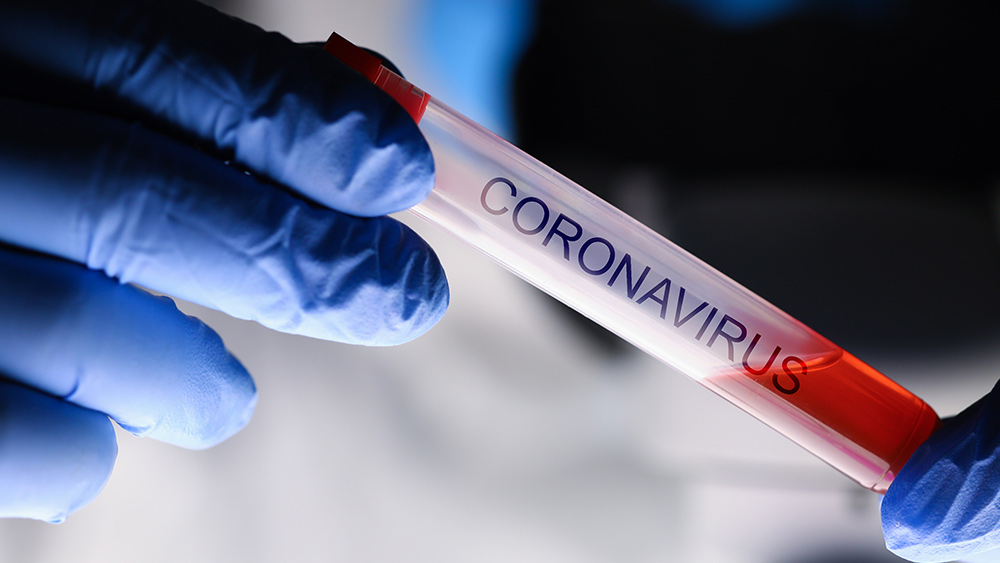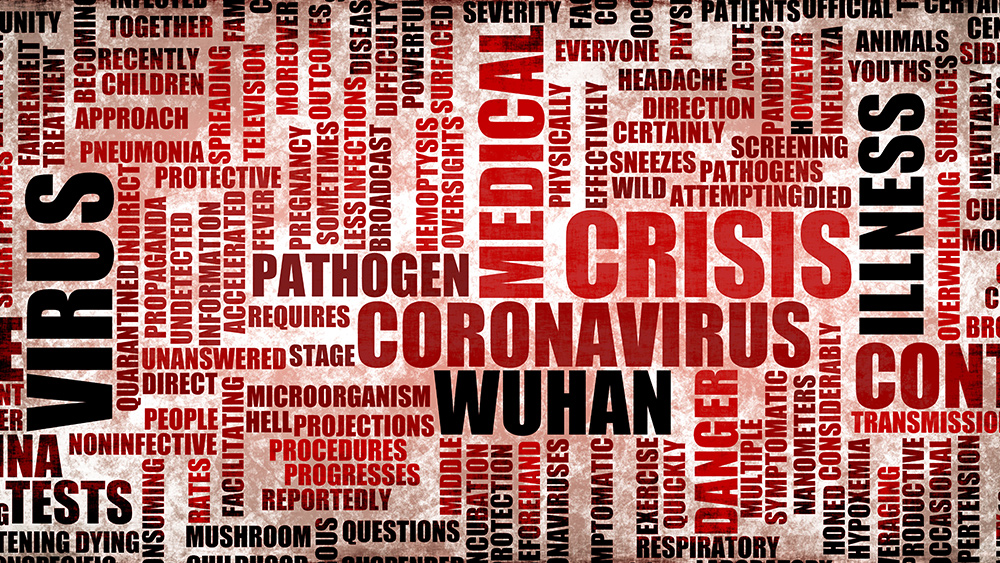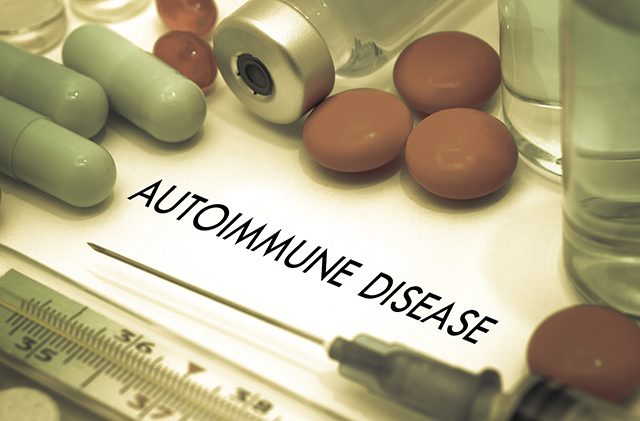After mounting evidence, FDA, CDC now admit that coronavirus tests are faulty
12/02/2020 / By Franz Walker

For the past months, government agencies such as the Centers for Disease Control and Prevention (CDC) and the Food and Drug Administration (FDA) have been relying on Wuhan coronavirus (COVID-19) testing results to track the spread of the pandemic.
But in recent months, both agencies have begun to concede that the testing methods that they’re using may not be as accurate as they would want them to be. They acknowledge that an increasing number of so-called positive test results are actually false positives.
FDA acknowledges false-positives increase as actual cases go down
On Nov. 3, the FDA released new guidelines for rapid antigen testing for COVID-19 that acknowledged a high likelihood of incorrect results. The guidelines stated that health care professionals “should expect some [false-positive] results to occur.” These would occur even when “very accurate” tests were used to screen large populations with “a low prevalence of infection.”
The FDA stated that the accuracy of rapid tests depends almost totally on the amount of COVID-19 in the population being tested, stating: “As disease prevalence decreases, the percent of test results that are false positives increase.”
As an example, the FDA stated that a test with 98 percent specificity would accurately screen “just over 80% in a population with 10% prevalence.” This would mean that 20 out of 100 positive results would be false positives.
The agency added that in a population with only a one percent prevalence, only 30 percent of those who test positive for the disease would actually have it.
“Health care providers should take the local prevalence into consideration when interpreting diagnostic test results,” the FDA emphasized.
The prevalence rate of COVID-19 has actually been quite low in a number of states. It has been recorded as between zero and 1.79 percent in Idaho and 6.4 percent in Pennsylvania. Meanwhile, the CDC estimated its prevalence in the New Orleans metropolitan area to be at around seven percent.
The FDA also details a number of additional reasons for rapid testing inaccuracies. These included cross-contamination and complications in processing samples in batches. (Related: Coronavirus testing can be manipulated to make vaccines look more effective.)
CDC agrees with FDA, also calls PCR tests into question
The CDC has echoed the FDA’s recommendations. It stated that antigen tests “are not 100% accurate,” conceding that false positive and false negative results may occur.
“Antibody test results should not be used to determine if someone can return to work,” the CDC stated, adding that this also applied to schools, dormitories and even correctional facilities.
“People who receive positive results on an antibody test but don’t have symptoms of COVID-19 and have not been around someone who may have COVID-19 are not likely to have a current infection,” the agency explained, stating that these people can “continue with normal activities.”
The CDC had already issued similar guidelines in August. That same month, a study published in the Journal of Clinical Microbiology found that rapid tests with a 98 percent specificity used in American schools could result in over 800,000 false-positive results every week.
The CDC’s concerns over the accuracy of coronavirus testing extend beyond the rapid antigen test. In November, it highlighted a study that showed that screening for a single polymerase chain reaction (PCR) test only caught around 53 percent of all positive cases of COVID-19 in students returning home from college.
The main protocol for PCR testing for COVID-19 has itself come into question after a study that claimed that PCR nasal swabs had a 63 percent sensitivity failed to provide a peer-reviewed report. At the end of November, an international group of scientists called for the paper’s retraction, calling it “severely flawed with respect to its biomolecular and methodological design.”
Around the world, governments have already questioned the effectiveness of PCR testing. Portugal recently deemed the method unreliable. Meanwhile, other legal challenges to it are pending in Germany, Italy, Switzerland and South Africa.
Follow Pandemic.news for more on the latest updates on the coronavirus pandemic.
Sources include:
Submit a correction >>
Tagged Under:
CDC, coronavirus, covid-19, epidemic, false-positive, FDA, Flu, pandemic, superbugs, testing, virus
This article may contain statements that reflect the opinion of the author




















